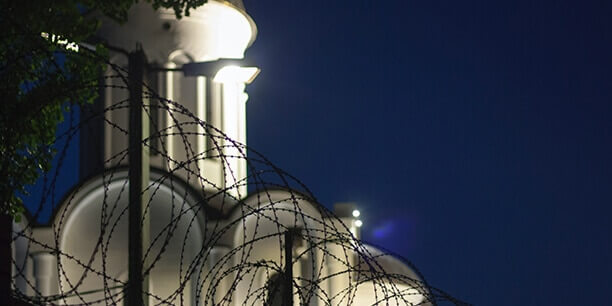
With Russia currently holding the title as the world’s leader in cybercrimes, many have described it as hackers’ dreamland. There’s a general feeling among nations of the world that Russia is aiding and abetting cybercrimes on many levels.
Russia is currently suspected of hacking or attempting to hack into important infrastructures of a number of European and American countries.
It is, therefore, no surprise that most of the world regards the tough talk coming out of Russia regarding fighting cybercrimes as nothing more than a mere charade.
Like David Ignatius of Washington Post said: “Working with Russia on cybercrime is like hiring a burglar to protect the family jewels.” This sentiment captures the way the world feels about Russia and cybercrime right now.
Yes, Russia – which is proposing new U.N. cyber-regulation pacts – appears to be making the right noises in its newly found interest in fighting these modern-day crimes. However, the world is not convinced that this is a genuine call.
At best, this is seen as Russia’s way of attempting to control the international anti-cybercrime narrative. Russia was the only major European country not to sign the Budapest Convention of 2001. This certainly is reason enough to doubt its sincerity.
Furthermore, there is one important thing to recall about the Budapest Convention. It empowered international law enforcement agencies to question internet providers directly. This was clearly something that Russia was not in favor of.
What has Russia done to manage the menace of hackers and virus writers within its realm? Before Russia presumes to propose measures for fighting cybercrimes to the world, it should answer this.
Some of the most dangerous viruses that the IT world has seen have originated from Russia. Some of the examples as given by Computer Weekly include Bagel, MyDoom and NetSky.
Given recent happenings, when we hear the phrase “from Russia with love” everyone dives to pull the plugs from computers. We can’t even trust that someone is not at this moment spying on us through our laptop’s webcam. Russia has to do more than just talking; it has to show the world that its realm is not a haven for hackers and other cybercriminals.